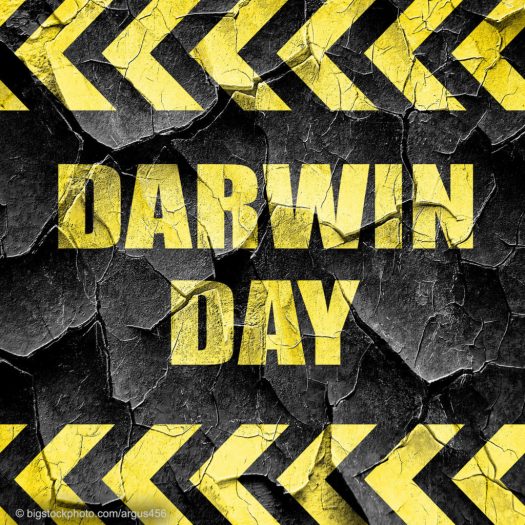
One of the things that old age brings you is that you are constantly brought face-to-face with death. Since the start of 2018, eight people that I knew well have died. The most recent was my younger brother who died from a combination of cancer and Parkinson’s disease. All eight of those people died slowly over a period of months. All of them were aware of their impending death within their last week of life. None were sudden deaths due to an accident or an unexpected stroke or heart attack. Discover magazine (March 2018, pages 66-68) published an article about the connection between spirituality and peaceful death. It tells about a radiation oncologist named Tracy Balboni who is a researcher at Harvard Medical School and Dana-Farber Cancer Institute in Boston. A major part of the thrust of Dr. Balboni’s work is helping patients make important decisions about the end of life. They can choose whether to use every possible medical technique to prolong their life, or they can decline major interventions and use hospice care and medication for pain control.
I watched my brother die, and I have observed the difference between his dying and the death of atheists I know who died with similar ailments. Every atheist that I have observed exhausted every medical resource possible in an attempt to stay alive. Not only was it expensive, but it brought much suffering to them and anxiety to their family members. One man told me “If this life is all I have been given, then I want to hang onto it as long and as hard as I possibly can.”
In my brother’s case, two years ago this past November I baptized him into Christ. That was the culmination of a great struggle between the atheistic traditions he had grown up with, and the influence of his wife and myself encouraging him to embrace spirituality. When he accepted Christ, he was not facing death, but his mortality was obvious. In the last three months of his life, he became very weak, and his quality of life deteriorated significantly. In the last three weeks, he and I talked extensively. He was resolute in his determination to have no more medical treatments and to be in hospice. His death was a peaceful death.
Balboni has received a two-million-dollar research grant designed to put spirituality on solid ground. To those who would complain that you are measuring nothing in such studies, Balboni says: “No, no, no. There are too many associations that we’re seeing to say it’s spurious and meaningless. That argument doesn’t hold if you care for dying patients.”
A patient’s spirituality gives huge support at the end of life. In our day of rapidly expanding medical technology, faith is a very important tool for peaceful death.
–John N. Clayton © 2018








